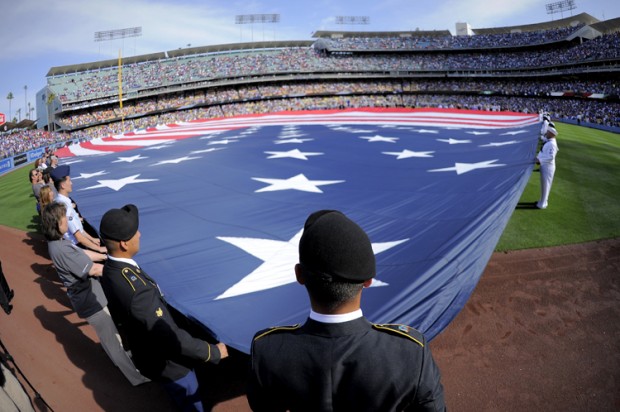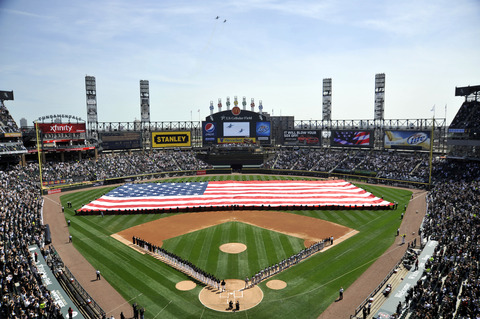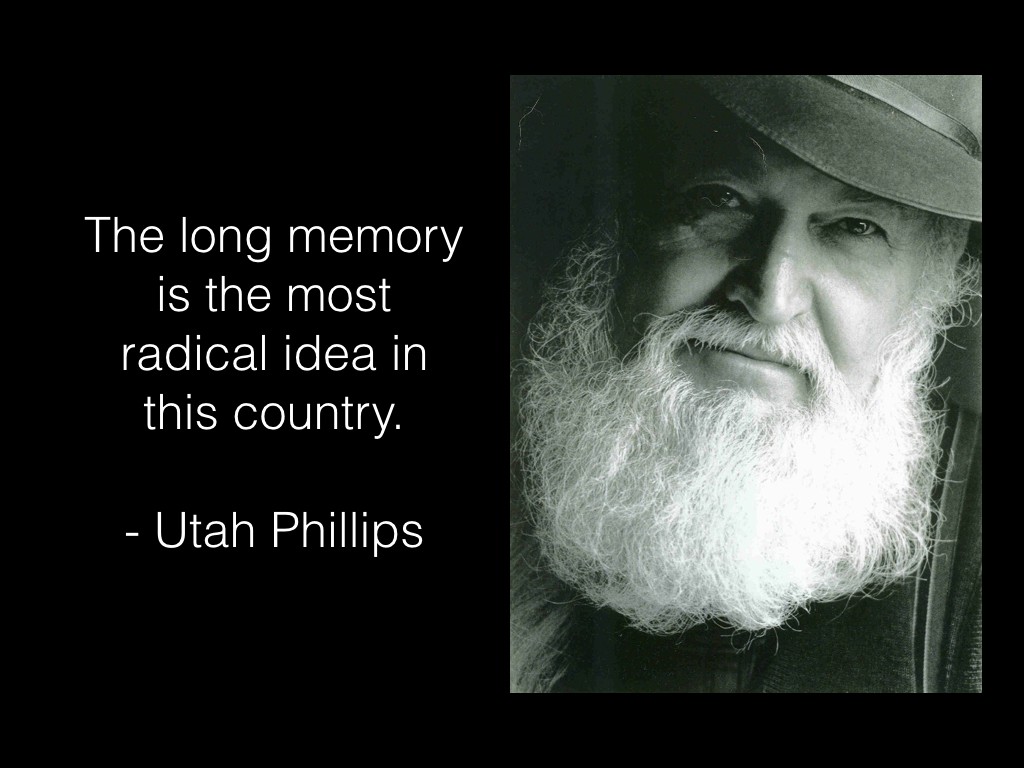
Enter the Brownshirts
With GOP presidential candidates amping up the xenophobia, it was only a matter of time until bigots with firearms began to organize. Saturday saw armed protestors assemble at a Mosque in Irving, Texas.
The Dallas Morning News spoke to organizer David Wright.
“They’re mostly for self-defense or protection,” Wright said, eyeing his 12-gauge. “But I’m not going to lie. We do want to show force. … It would be ridiculous to protest Islam without defending ourselves.”
A protester with a bandana over his face showed off his AR-15 to traffic. A 20-year-old who wants to join the Army and ban Islam in the United States carried a Remington hunting rifle…
Read the Report: Armed protesters gather outside Islamic Center of Irving | | Dallas Morning News
More Than A Quarter of Republicans Would Close All Mosques
With the news that GOP presidential hopeful Donald Trump is in favor of establishing a national database of Muslims in America drawing comparisons to Hitler, a new poll released by Public Policy Polling shows that Republicans are right in step with him.
Donald Trump floated the idea this week of shutting down all the mosques in the United States. 27% of Republican primary voters support that concept with 38% opposed, and 35% unsure on the issue. Among the top GOP hopefuls supporters of both Cruz (41/27) and Trump (37/27) support shutting down the mosques while backers of Carson (17/43), Rubio (25/37), and Bush (12/45) oppose doing so.
The latest poll confirms broad support in the GOP nationally for extreme views noted in a poll of Iowa two months ago.
Only 49% of Republicans think the religion of Islam should even be legal in the United States with 30% saying it shouldn’t be and 21% not sure. Among Trump voters there is almost even division with 38% thinking Islam should be allowed and 36% that it should not.
Decent Americans must stand up now, while there is still a Constitution to defend.
Sanders and the Second Bill of Rights
In September of 2012, I wrote about FDR’s 1944 State of the Union Address which proposed a “Second Bill of Rights.”
I wonder what might happen if President Obama were to make these rights the foundation of his bid for re-election. Would the American people rally to such a program? Would we recognize that political rights alone cannot ensure liberty and justice for all? Would we recognize that today our freedom is most threatened, not by the government, but by the tyranny of the marketplace? Would we recognize, at long last, that there is no democracy without economic democracy?
Today, at Georgetown University, Bernie Sanders appears to have taken up the challenge, putting Roosevelt’s speech at the center of his own campaign.
Sander’s speech begins about one hour and eight minutes into the video.
You can read the full text of the speech here.
I can’t say that I agree with everything Senator Sanders said in this speech, but it is certainly refreshing, even heartening, to hear a presidential candidate make such a vigorous defense of Social Democracy in this era where political discourse in the United States seems limited to the range between Neoliberalism and Fascism.
I wonder what will happen next.
Goodluck to All of You
Charter Schools Black Hole for $3.7 Billion
The Center for Media and Democracy (CMD) has released a special report on its year-long investigation into charter schools spending in the United States. You can access the full report “Charter School Black Hole” here.
The report reveals that over the last twenty years, $3.7 billion has more or less evaporated, with no transparency or accountability.
NPA Statement After Paris Attacks
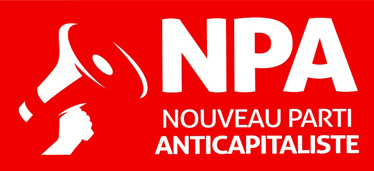
The New Anti-Capitalist Party, one of the leading organizations on the Left in France, issued a statement today, after the attacks in Paris of the evening of 13 November.
The only response to wars and terrorism is the unity of the workers and people, over and above their origins, their skin colour, their religions, across the borders, to fight together against those who want to silence them, to dominate them, to do away with this capitalist system which generates cruelty.
Read the Full Statement: The cruelty of imperialist wars results in the cruelty of terrorism | International Viewpoint
Today, we remember Paris. We also remember Beirut and Gaza and Kunduz, and all of the innocent victims of violence created by a system which has outlived its usefulness.
Kshama Sawant on Election Night 2015
“We have shattered the myth that there is nothing progressive candidates can do against the avalanche of corporate money. We have shown that it is entirely possible, if there is the political will, to refuse donations from big corporations and instead base ourselves on the support of working people and win. That is why we have won, and successfully I might add, not just independent of corporate cash but also independent of the two political parties that represent that corporate cash.”
Kshama Sawant spoke to her supporters on November 3rd as her reelection victory was confirmed.
Read the full text of the speech.
Vergesst Es Nie
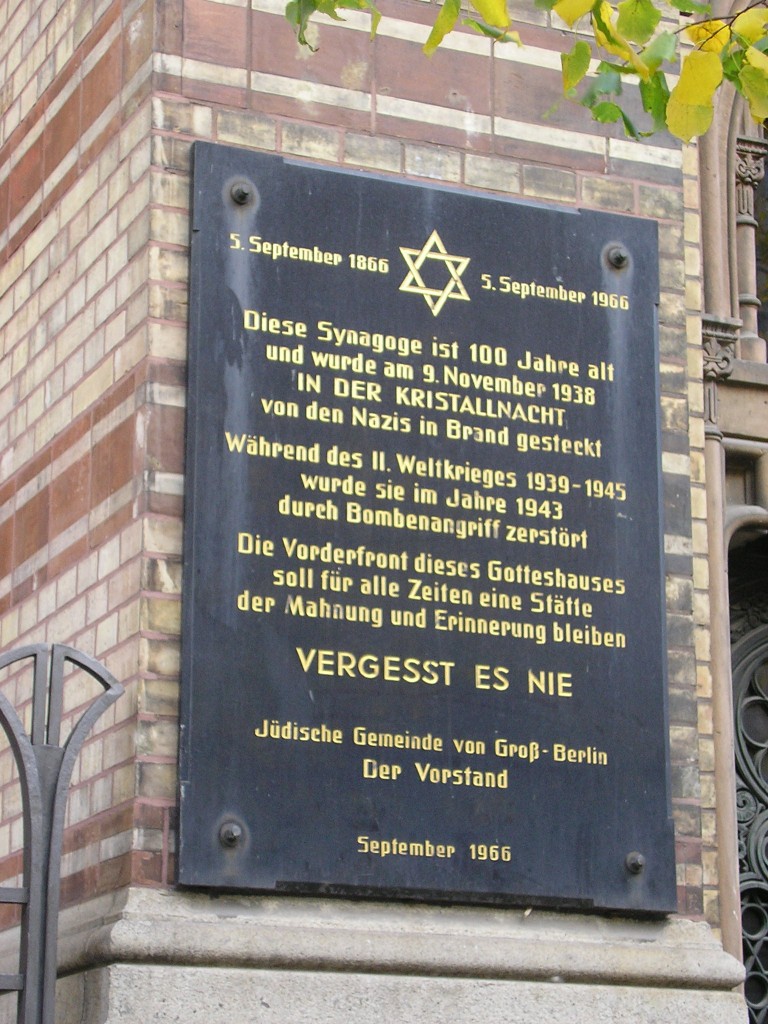
Today marks the 77th anniversary of Kristallnacht, “The Night of Broken Glass.”
The plaque reads “This synagogue is 100 years old, and was on November 9th, 1938, on The Kristallnacht, torched by the Nazis.”
Let us never forget.
The Endless Spectacle of Militarism
I love America. Truly, I do. It is the land of great ideals, as well as the land of my birth.
I also respect and applaud self-sacrifice in service to others, and in service to those ideals.
So I was slow to understand the true nature of the constant prompts to “support our troops” and the endless parade of militaristic spectacle over the past couple decades. In the wake of the attacks of September 11th, the knee-jerk jingoism didn’t sit well with me, but I didn’t fully understand why.
Then comes the news this week of a joint oversight report released by Arizona Republican Senators John Flake and John McCain, documenting that over the past few years, the Pentagon spent $6.8 million to pay for patriotic displays during the games of professional sports teams. For me, this calls to mind the 1936 Summer Games.
Here are a couple of articles of interest on the subject.
No, thanks: Stop saying “support the troops” – A nation that continuously publicizes appeals to “support our troops” is explicitly asking its citizens not to think. It is the ideal slogan for suppressing the practice of democracy, presented to us in the guise of democratic preservation.
Military spectacle and American sport – Fifteen years after the beginning of the so-called “War on Terror,” no facet of life in the United States—political, legal or cultural—has escaped the dark shadow of the American military-intelligence apparatus. Everything is subordinated to the needs of the state. Personal communications are intercepted and stored, protests are monitored and school curricula are manipulated. Hollywood works with the CIA to produce films like “Zero Dark Thirty” to justify the government’s illegal torture program, and a worker can hardly take his or her family to the ballgame without being inundated with pro-war lies and propaganda.



